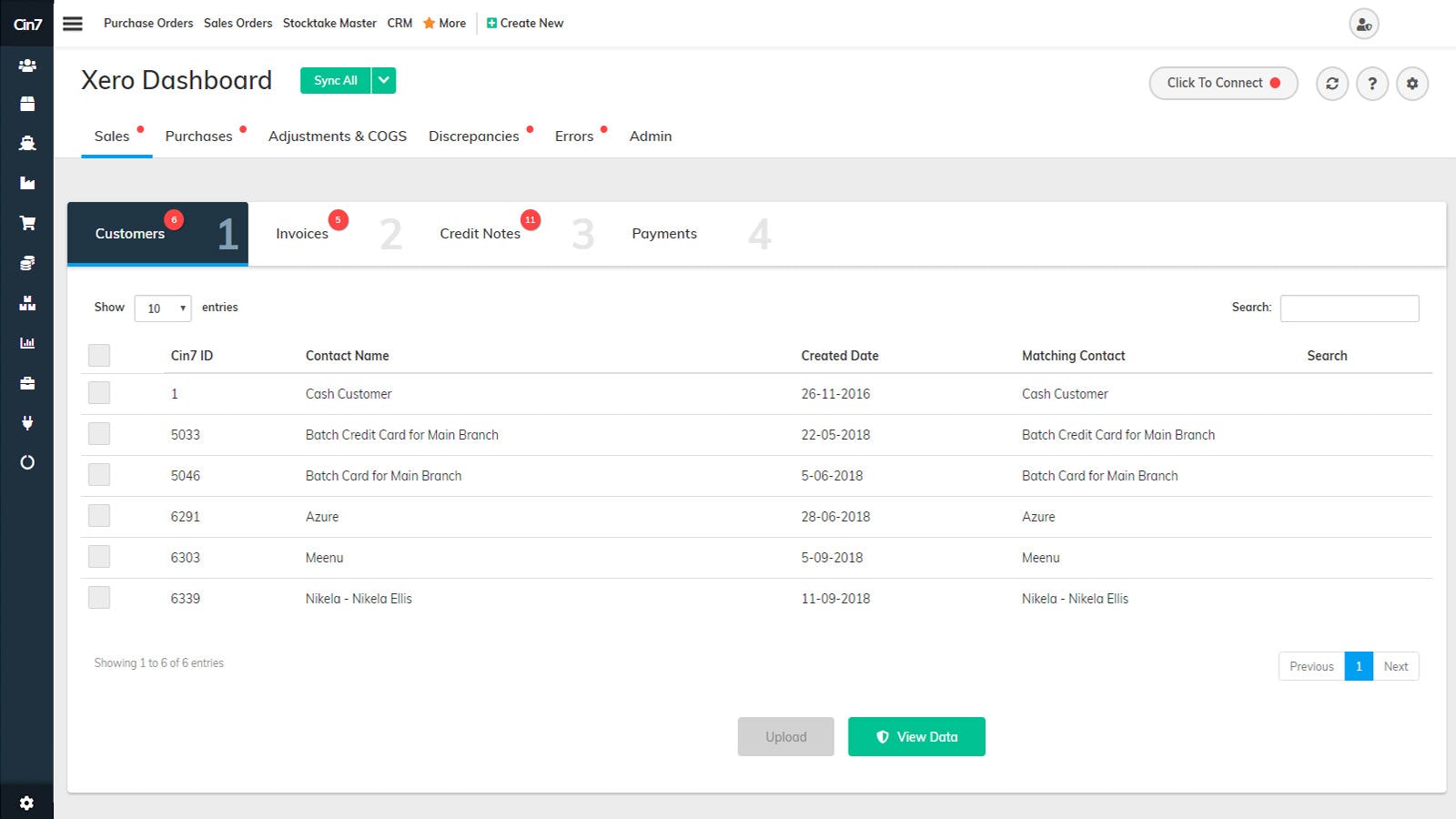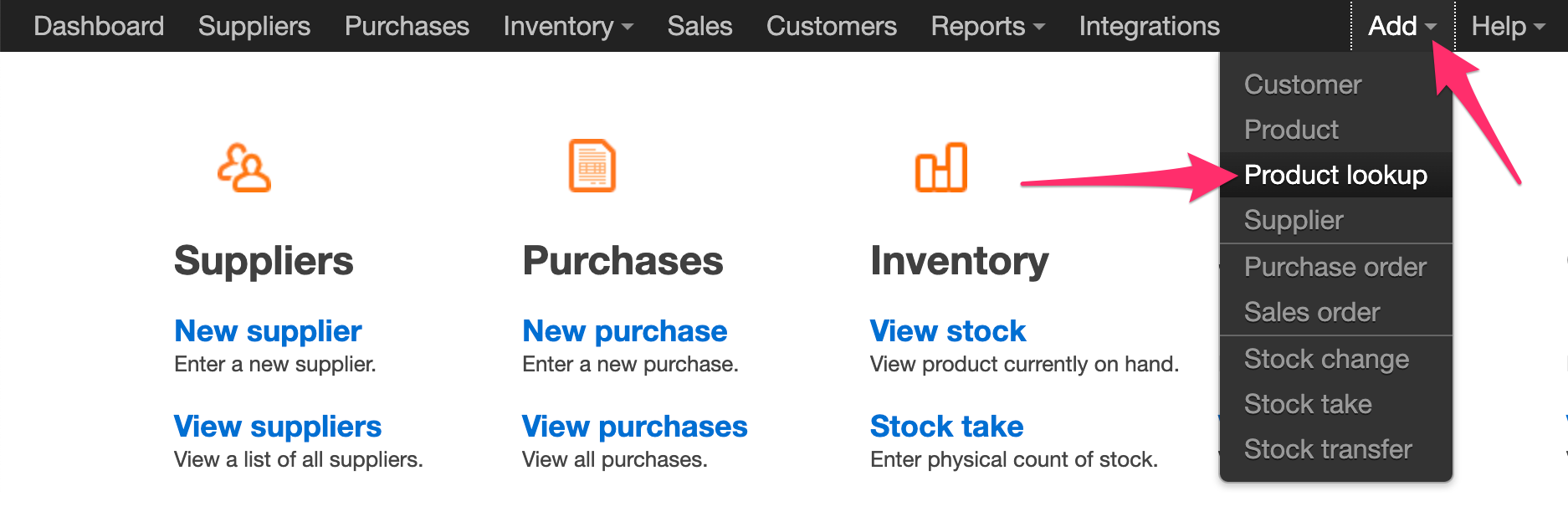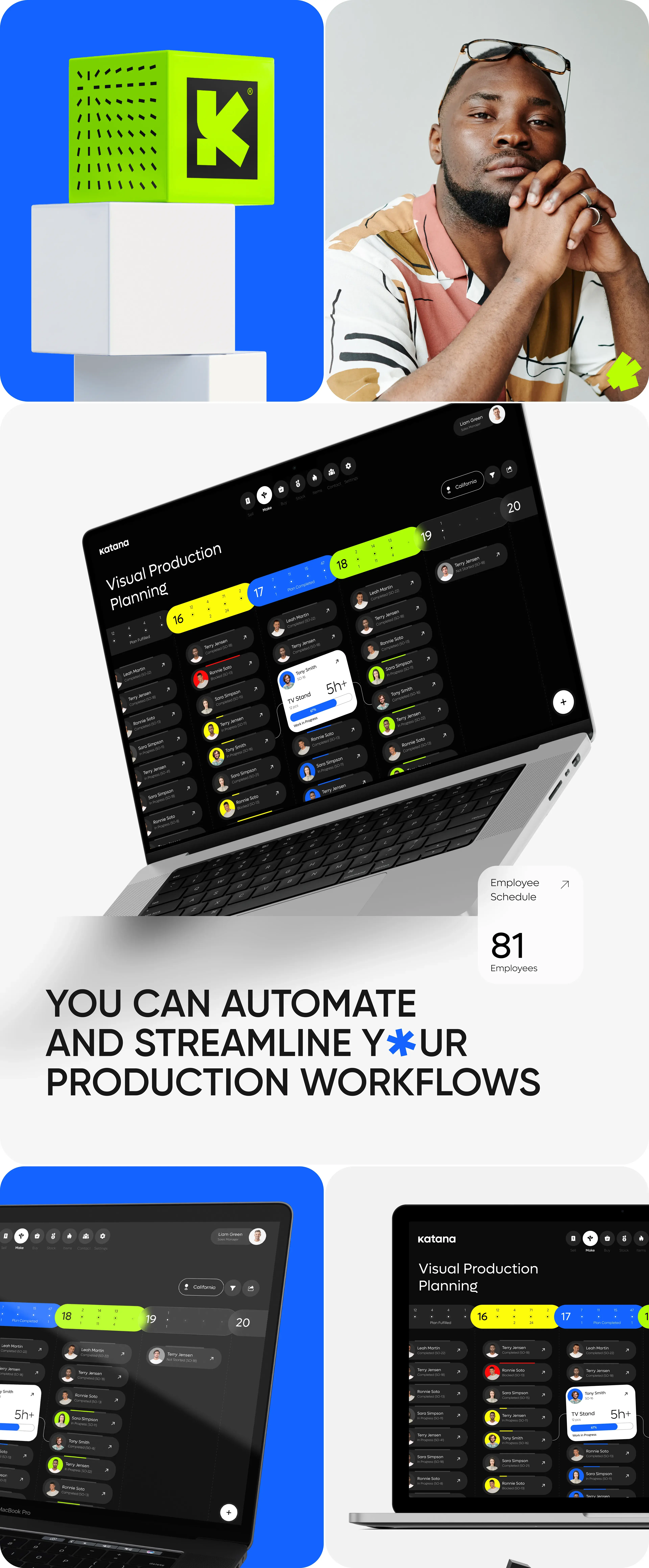Alternatives to ClickUp
1. Cin7 Omni
+Pros
- AI-Driven Forecasting Excellence
- Native Integration Architecture
- Enterprise-Grade Scalability
- Proven Customer Outcomes
-Cons
- Implementation Complexity
- Pricing Volatility
- Customer Satisfaction Inconsistency
- Data Requirements
One highlighted feature and why it's amazing
Provides 24-month prediction capabilities with automated replenishment suggestions for businesses with adequate sales history.

Another highlighted feature of why it’s amazing
Distinguish Cin7 Omni from competitors requiring third-party middleware, providing real-time warehouse synchronization capabilities that reduce integration complexity.
2. Finale Inventory
+Pros
- Barcode-driven operational efficiency with documented 20-40% warehouse labor cost reduction and 90% error reduction within the first quarter of deployment.
- Multi-channel inventory synchronization across Shopify, Amazon, and eBay prevents overselling while maintaining accurate stock levels.
- Customer support quality receives consistent praise, with testimonials highlighting response times "usually within minutes".
-Cons
- Basic AI capabilities limited to sales velocity analysis rather than sophisticated machine learning.
- QuickBooks integration complexity requiring precise data mapping to prevent duplicate entries.
- Platform stability receives mixed feedback from available testimonials, though sample size limitations prevent comprehensive assessment.
One highlighted feature and why it's amazing
Represents Finale's primary differentiator, featuring dynamic "Learn" functionality that simplifies label creation without requiring custom development.

Another highlighted feature of why it’s amazing
Provides real-time coordination across platforms including Shopify, Amazon, and eBay, preventing overselling and maintaining accurate stock levels across sales channels.
3. Katana Manufacturing ERP

Other Alternatives
NetSuite
Oracle Retail Merchandising
TradeGecko by QuickBooks Commerce
Unleashed Software
Zoho Inventory
How We Researched This Guide
About This Guide: This comprehensive analysis is based on extensive competitive intelligence and real-world implementation data from leading AI vendors. StayModern updates this guide quarterly to reflect market developments and vendor performance changes.
208+ verified sources per analysis including official documentation, customer reviews, analyst reports, and industry publications.
- • Vendor documentation & whitepapers
- • Customer testimonials & case studies
- • Third-party analyst assessments
- • Industry benchmarking reports
Standardized assessment framework across 8 key dimensions for objective comparison.
- • Technology capabilities & architecture
- • Market position & customer evidence
- • Implementation experience & support
- • Pricing value & competitive position
Research is refreshed every 90 days to capture market changes and new vendor capabilities.
- • New product releases & features
- • Market positioning changes
- • Customer feedback integration
- • Competitive landscape shifts
Every claim is source-linked with direct citations to original materials for verification.
- • Clickable citation links
- • Original source attribution
- • Date stamps for currency
- • Quality score validation
Analysis follows systematic research protocols with consistent evaluation frameworks.
- • Standardized assessment criteria
- • Multi-source verification process
- • Consistent evaluation methodology
- • Quality assurance protocols
Buyer-focused analysis with transparent methodology and factual accuracy commitment.
- • Objective comparative analysis
- • Transparent research methodology
- • Factual accuracy commitment
- • Continuous quality improvement
Quality Commitment: If you find any inaccuracies in our analysis on this page, please contact us at research@staymodern.ai. We're committed to maintaining the highest standards of research integrity and will investigate and correct any issues promptly.